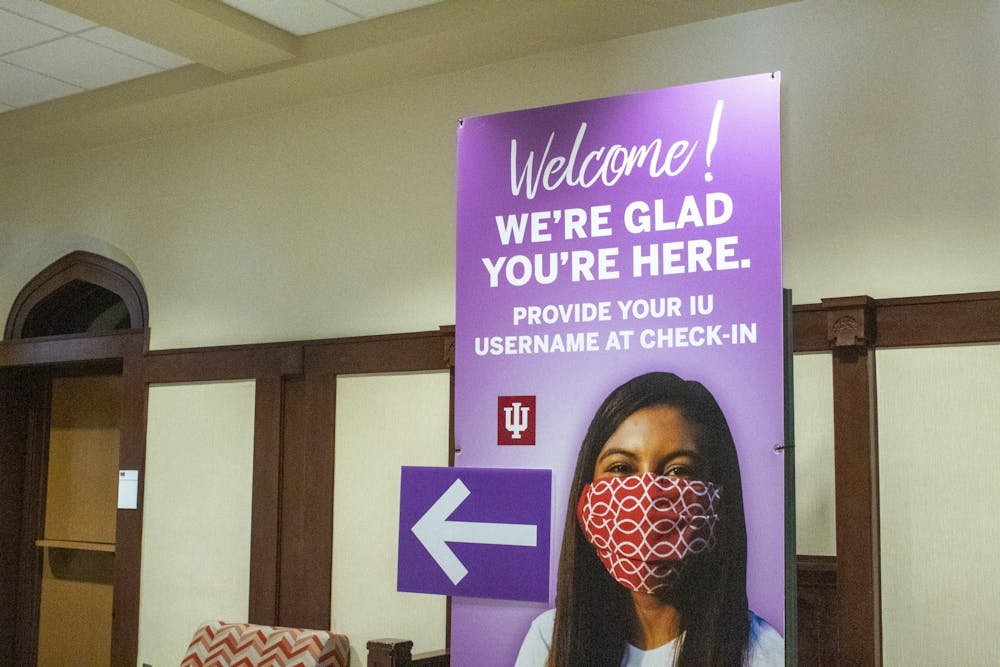The COVID-19 pandemic has changed so much in our daily lives. In the beginning there were so many unknowns, and we tried to stop the spread of the virus by staying home for a few weeks. It didn’t work.
While all this was happening, an idea emerged that our lives would go back to normal once we had a vaccine. Although a vaccine is important and essential to reduce the consequences of this pandemic, it will not be the magic fix everyone is hoping for.
As of now, there are 91 coronavirus vaccines in preclinical trials and an additional 43 are currently being tested on humans. Scientists are working hard to create a safe and effective vaccine to release to the public. Although there are some political discrepancies, the most probable release of a vaccine is projected for the summer of 2021.
This being said, vaccines are a complicated issue.
First, there are different types of vaccines. There are vaccines you get once or twice in your lifetime such as varicella, or the chicken pox vaccine, that are extremely effective at preventing the disease they're targeting. The other is a seasonal vaccine such as the flu vaccine you receive every year, but it is less effective.
A coronavirus vaccine is likely going to be a seasonal vaccine administered based on the specific strain scientists think will be the most prominent. This means a coronavirus vaccine will inherently be less effective as it is based on an evolving disease that undergoes consistent mutations.
In addition to this, the effectiveness of vaccines is also dependent on how many people in a community actually get one. Herd immunity is an essential part of reducing the infections and deaths from a disease. Herd immunity is based on the idea that the more people who are immune and able to easily fight off the disease, the less likely it is to spread.
A vaccine not only protects you from contracting diseases, but it also protects those who cannot get vaccinated because of age, underlying conditions or allergies.
Any potential vaccine would also reduce the severity of the disease, resulting in fewer hospitalizations. This prevents an overwhelmed health care system and better allocates resources to those who are in dire need of lifesaving medical attention, ultimately saving lives.
Unfortunately, not everyone who can get vaccinated chooses to do so. This can boil down to the inconvenience of a vaccine and the discomfort of side effects in some cases, but it can also go deeper than that. In recent years, an anti-vaccination movement has been growing in the United States.
The anti-vaccination movement’s main belief is centered on the idea that vaccines are not safe and should not be administered as a form of preventative medicine. There are various reasons for why people hold these beliefs, whether it is a problem with a specific vaccine or a distrust of science in general.
The issue of vaccinations is a very polarizing one because an individual making the personal choice to forgo a vaccination puts everyone around them at risk. Although being anti-vaccination does not characterize a majority of people in the U.S., it can still cost people their lives.
The decision to abstain from a vaccine has consequences that affect more than just the individuals making that choice. Because we live in such an individualistic culture, the pandemic has been able to progress so rapidly.
A vaccine is most effective where science and the community as a whole are valued over individual desires. For better or worse, the U.S. values individualism too much for a vaccine to be our salvation from this pandemic.
We cannot rely on a coronavirus vaccine alone to bail us out of the pandemic because there are so many Americans who will choose not to get it. Too many people do not trust the science surrounding the pandemic, which has contributed to it becoming as bad as it is.
A vaccine is an important part of moving past the pandemic and preventing deaths due to COVID-19, but it is not the only thing we need. We need to continue to listen to experts, rely on science and remain diligent every day to emerge on the other side of all this.
Aidan Kramer (she/her) is a freshman studying microbiology and environmental science. After graduating, she plans to attend medical school and pursue a career in pathology.






